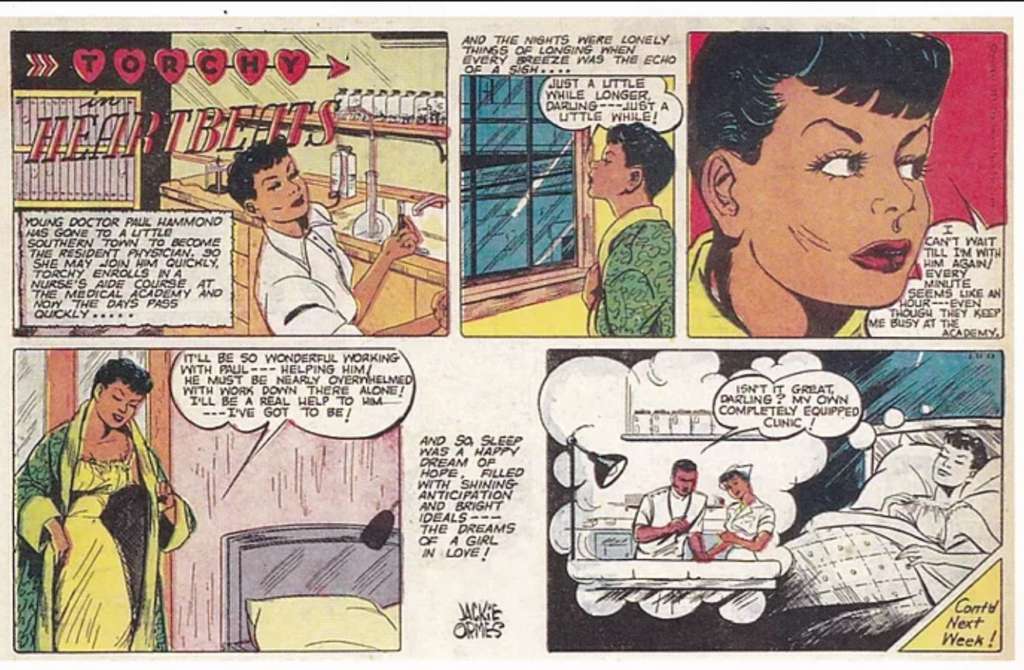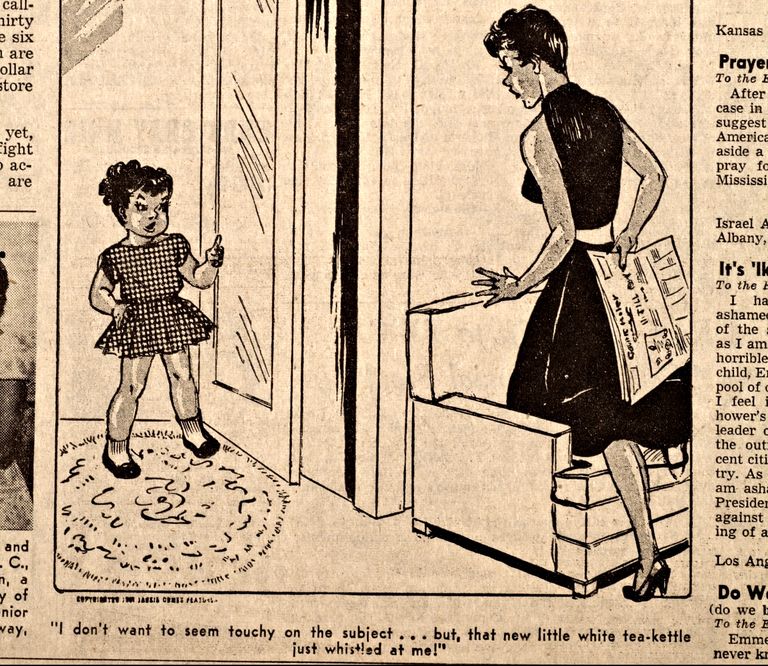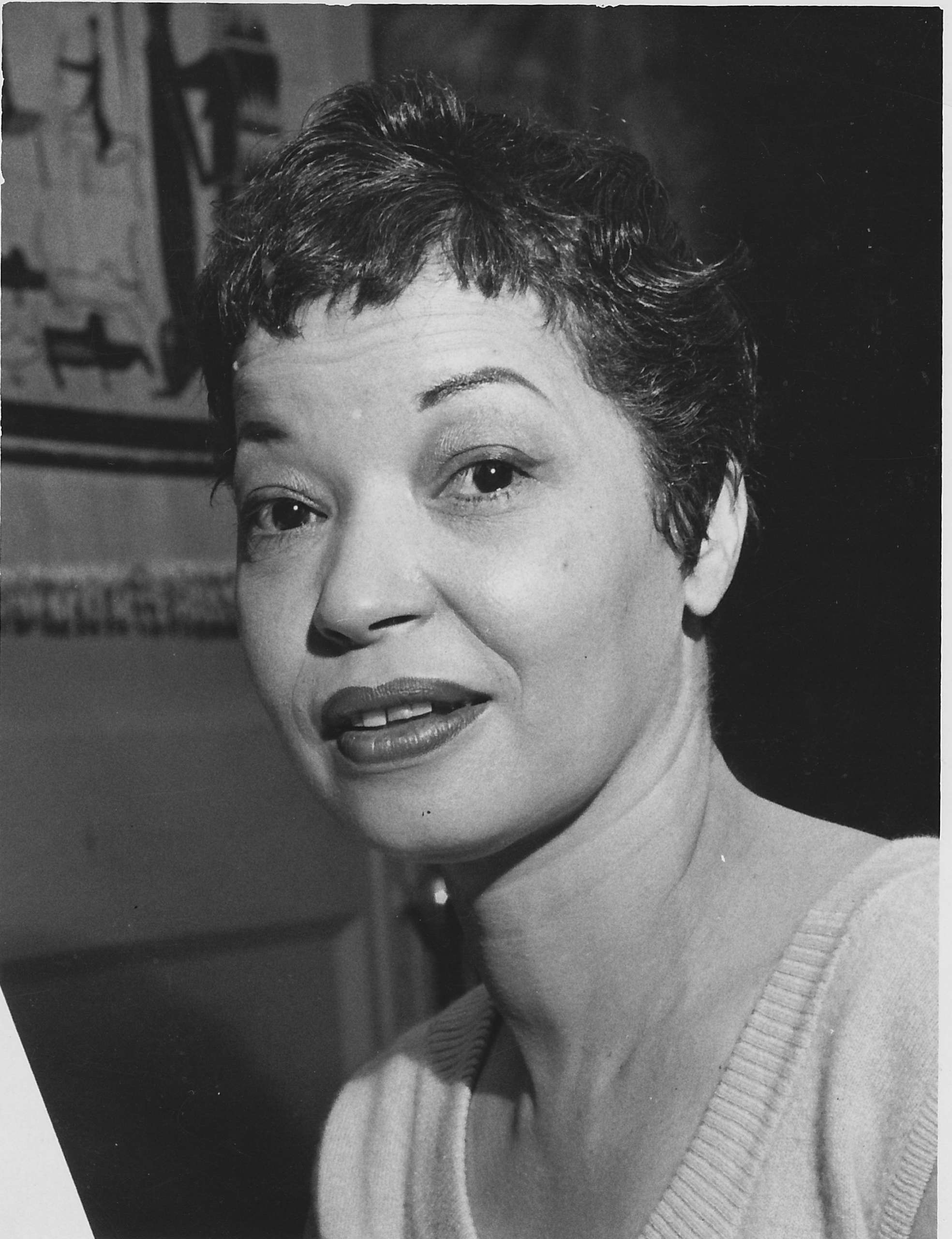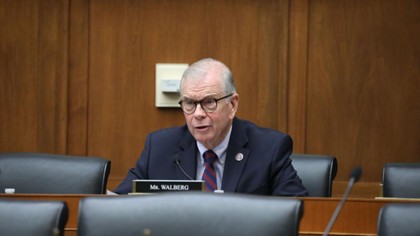Things They Don’t Teach Us In School: Jackie Ormes
Born Zelda Mavin Jackson in 1911, Ormes life was one of how tragedy turned to triumph. After losing her father at an early age, she moved around the Pittsburgh area, eventually settling in the nearby town of Monongahela. There, she took her love of art and began writing for her local high school paper. After writing a letter to the Pittsburgh Courier, an African-American paper, she became a freelancer and covered everything from sports to law.
It was also there where she first displayed her talents to the world as a cartoonist, drawing her first comic Torchy Brown in Dixie to Harlem, in 1937. Torchy Brown was the story of Mississippi teenager who had dreams of stardom, which detailed her travels to Harlem’s Cotton Club. She would later revive the Torchy Brown character in 1950 for the Courier, as she dealt with more political and social issues, including environmental pollution.

Torchy Brown in Heartbeats, written by Jackie Ormes
After leaving the Courier in 1938 she moved to Chicago, where she created her most famous work, the single panel cartoon Patty-Jo ‘n’ Ginger, which ran for 11 years. What made it so special was that it was the story of a big sister-little sister combination that dealt with racially sensitive topics. She also wrote for the Chicago Defender, another African-American newspaper. One of her most famous single panel cartoons was the Patty-Jo ‘N’ Ginger story based on the lynching of teenager Emmitt Till in 1955. Although social protest is common in today’s environment, it was unheard of in such creativity at the time.

Ormes continued to be a socially active presence in the Chicago community, speaking out for civil rights and was involved in humanitarian causes. She was even investigated by the FBI for her left-wing ideologies. Eventually she retired from cartooning and married, moving on to producing fashion shows until her passing in 1985.



